Two violent explosions in the port of Beirut, the capital of Lebanon, left more than 80 dead and some 3,000 wounded on Tuesday in what the country's health minister called "a disaster in every sense of the word," referring to the Beirut explosion.
Videos broadcast on social media showed a first explosion followed by another that caused a gigantic plume of smoke. The deflagrations shook neighboring buildings and caused the glass to break several kilometers around.
| You Might Be Interested: |
The explosion occurred in the afternoon in a warehouse with explosive material after a fire for unknown causes. "It is a disaster in every sense of the word," regretted Health Minister Hamad Hassan, when questioned by television when visiting a hospital in the capital.
"The capital's hospitals are all filled with wounded people," he stressed, before asking that other wounded be transferred to hospital centers on the outskirts of the capital.
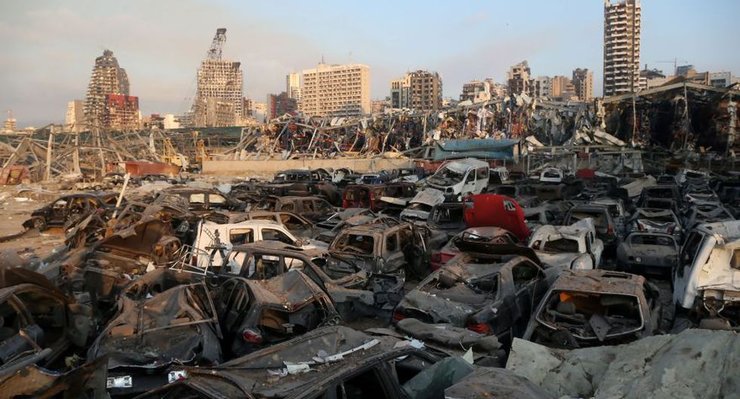
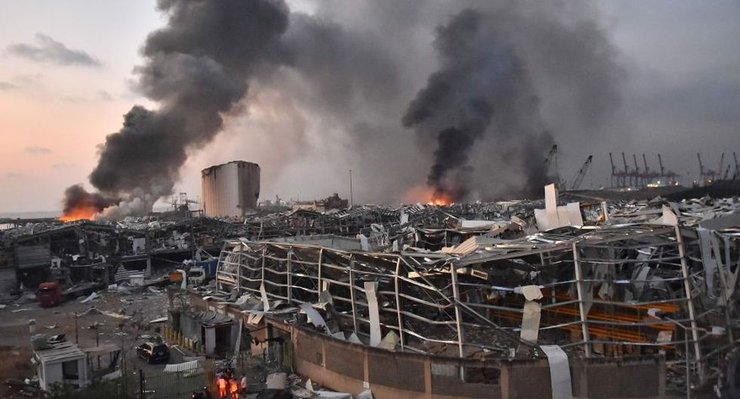
After the explosions, numerous inhabitants, some of them injured, walked the streets towards the hospitals. In front of the Clémenceau medical center, dozens of wounded, including minors, covered in blood, were waiting to be treated, according to an AFP journalist.
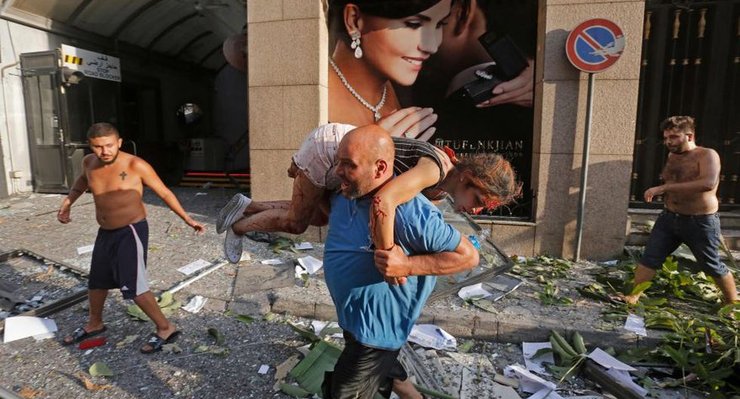
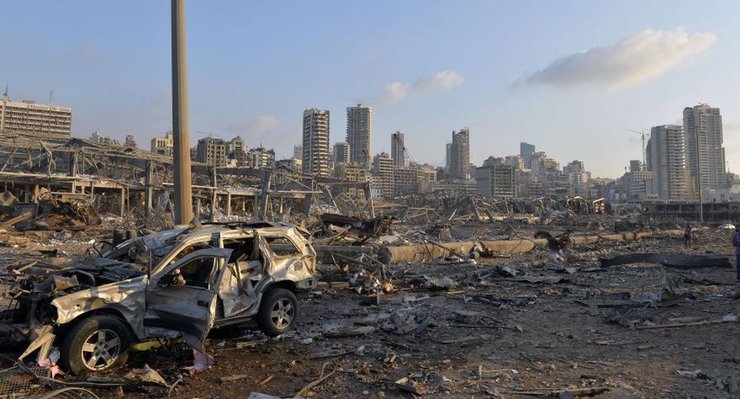
Shocked and tearful, the Beirut governor, Marwan Abboud, said the Beirut explosion in the Lebanese capital was comparable to a national disaster similar to Hiroshima.
During a press conference from one of the worst affected places, the governor said: "It resembles what happened in Japan, in Hiroshima and Nagasaki. That’s what [it] reminds me of. In my life, I haven’t seen destruction on this scale."
Abboud described the post-explosion scenario as referring to the Japanese city attacked by the United States with a nuclear bomb at the end of World War II.
The new Beirut explosion occurs just the same week that Japan commemorates the 75th anniversary of the atomic bomb this week, which killed more than 200,000 people and left hundreds of thousands traumatized and even stigmatized.
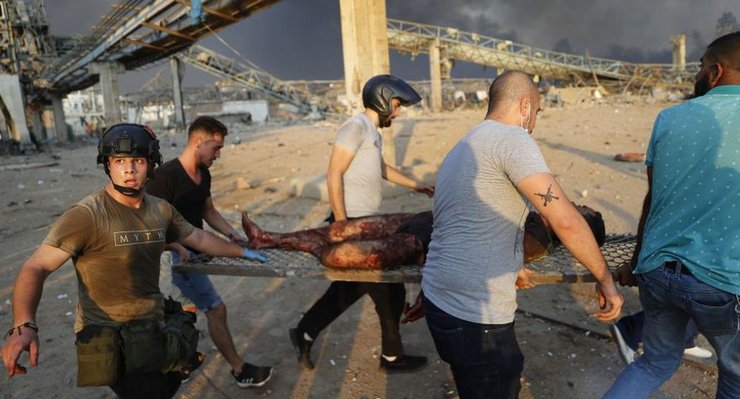
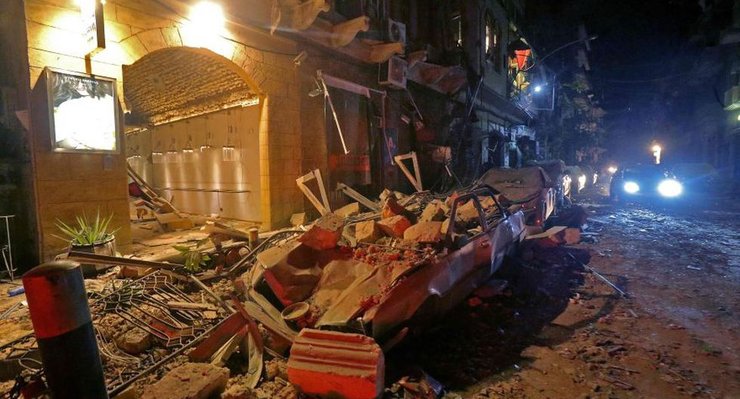
The first atomic bomb was dropped in Hiroshima, western Japan, on August 6, 1945, by an American bomber named Enola Gay. The bomb, between 13 and 16 kilotons, was nicknamed "Little Boy", but its impact was by no means little. It was detonated about 600 meters from the ground, with a force equivalent to 15,000 tons of TNT, and killed 140,000 people.
Tens of thousands of people died immediately, while many others died of injuries or illness weeks, months, or years later.
Three days later, the United States dropped another bomb called "Fat Man" in the city of Nagasaki and killed 74,000 other people. They are the only two occasions when atomic bombs have been used during a war.
When the bomb fell in Hiroshima, the first thing people saw was an "intense fireball," according to the International Committee of the Red Cross (ICRC). The temperature at the epicenter of the explosion was estimated to have reached 7000ºC, which caused fatal burns within a radius of about three kilometers.
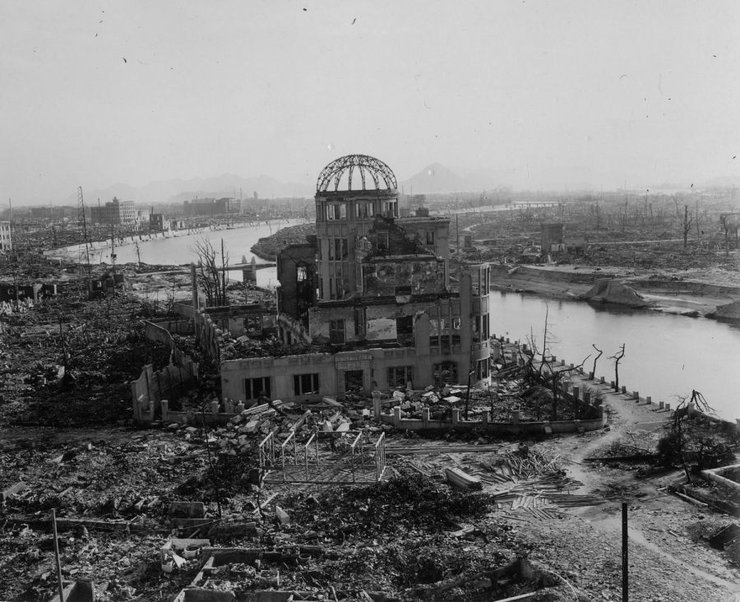
ICRC experts say there were cases of permanent or temporary blindness from the intense light from the blast, which also caused other vision problems, such as cataracts. The whirlwind of heat generated by the explosion set fire to several square kilometers of the city, largely made of wood. A firestorm that consumed all available oxygen caused many suffocation deaths.
| You Might Be Interested: |
If you are looking for more news, updates, guides, lists, etc. like this article, visit our website at GuruGamer.com for more of what you need.
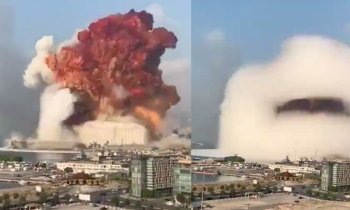









Comments